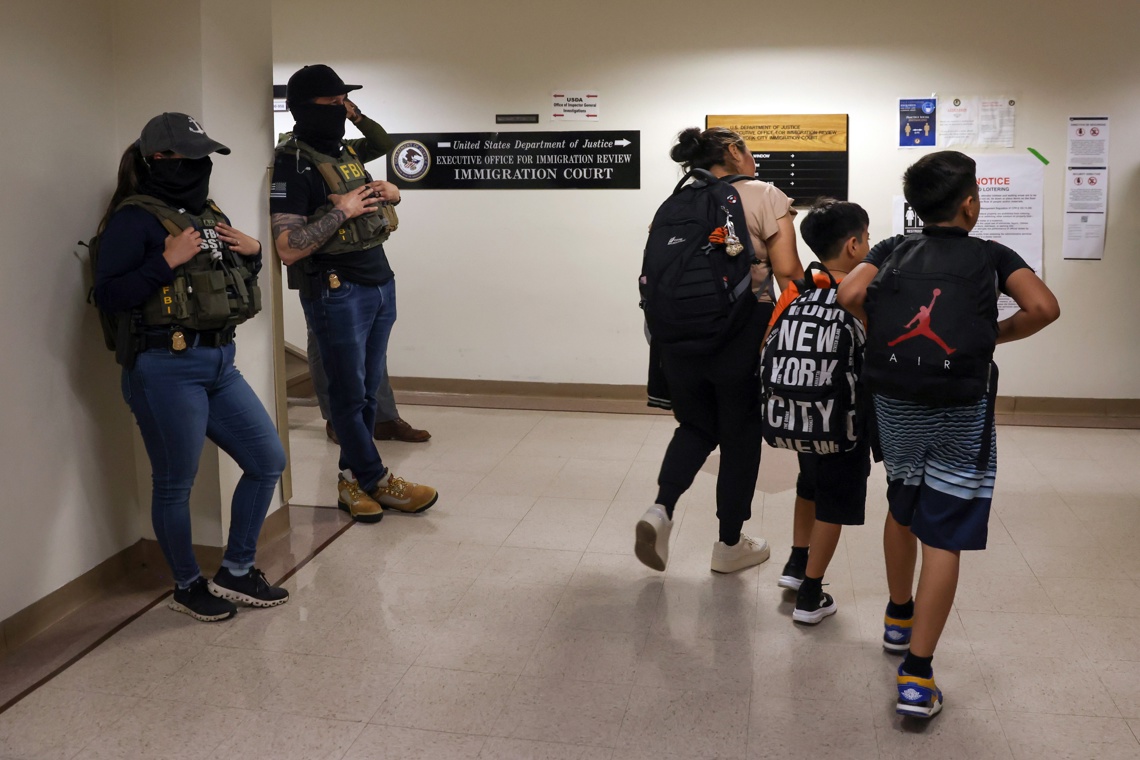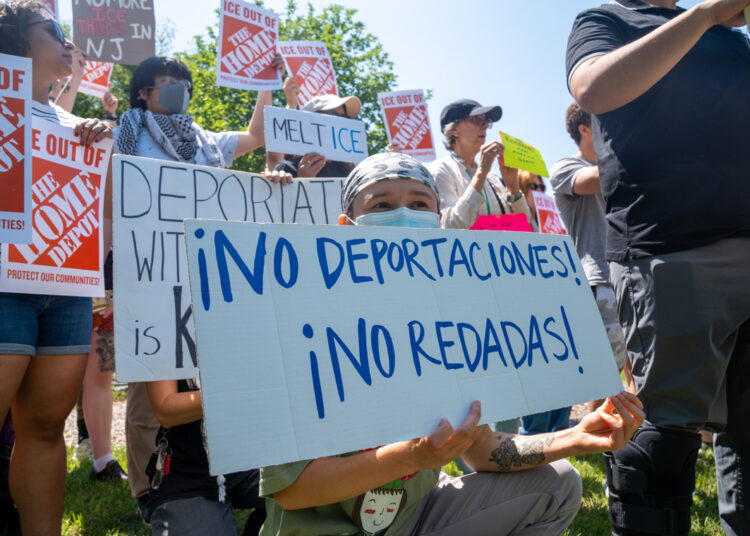In 1980, during the Mariel incident, a young couple was sitting on a park bench in a town in rural Havana, not far from that location.
An older man informed them that the Cubans in Miami were sending for relatives and that Fidel Castro’s government was letting everyone leave, even if they had no family ties.
“A new Camarioca,” he told them, referring to the exodus of 3,000 Cubans, roughly speaking, that took place between September and November 1965 through the town of Matanzas of the same name.
William and Viviana1 were put on one of those boats after declaring themselves “antisocial elements” to the authorities.
2
Miami wasn’t easy. There weren’t many job offers amidst a widespread rejection of the “Marielitos,” a new term that would become part of the vocabulary ever since, associated with negative stereotypes about Cuban immigration.
This time, it wasn’t made up of white people of Spanish descent and middle-class immigrants, but primarily of darker skin and service workers. From April to October 1980, approximately 125,000 of our fellow citizens arrived in South Florida, which lacked the necessary infrastructure and services to accommodate them.
William started working as a car washer, and Viviana as a cleaning lady in a Miami beauty salon. But life was difficult for them, as they had no family or friends willing to help them assimilate to the new environment. Then came bad decisions.
3
In Miami, the 1980s were marked by violence, corruption, and cocaine trafficking, driven primarily by Colombian drug cartels, especially in Medellín.
The notorious drug lord Pablo Escobar had established the city as a major hub for cocaine smuggling into the United States, surpassing the Cuban mafia, which had previously controlled drug trafficking in the state. In 1981, approximately 70% of the cocaine and 70% of the marijuana consumed in the entire Union passed through there.
Drug trafficking fueled out-of-control violence, reflected in Scarface (1983), Brian de Palma’s famous film in which Al Pacino plays a Marielito involved in the underworld. The 1979 shooting at the Dadeland Mall marked the beginning of the city’s War on Drugs, when two Colombian drug traffickers shot two men in broad daylight. It was the origin of another very famous term at the time: Cocaine Cowboys.
The homicide rate in Miami tripled. Most violent crimes were directly related to drug trafficking. It is said that in 1981, the city morgue became so overflowing that it had to rent a refrigerated truck to store corpses.
William knew this, but he had decided to take a risk and sell drugs anyway. In the end, luck wasn’t on his side. In November 1981, he had the misfortune of falling prey to an FBI operation thanks to the efficiency of an insider. They went to his small apartment in Hialeah, handcuffed him, and tried him. He was sentenced to 10 years in prison.
4
In the 1990s, when he was released from prison, the couple decided to leave Miami. With the savings they had in Viviana’s bank account, they moved to a town in central Florida to start a new life. There, they bought a small Cuban food restaurant that allowed them to improve their lives a bit. She looked after it and took care of the details; he spent long hours away from home driving trucks, a difficult but well-paid job.
They led a normal life and were happy. A house, two cars, and property. Finally, the American dream. Once a year, William had to report to an immigration office and exchange a few words with an officer, then return to his daily activities. Pure routine.

5
Immigration regulations sometimes have memory problems and depend on how the executive branch handles them. William was a deportable foreigner, like 40,000 other Cubans scattered throughout the United States. Because he committed that crime, he was ineligible for the Cuban Adjustment Act of 1966, the path to first obtaining permanent residency after residing in the United States for a year and a day, and after five years, citizenship.
But under Trump, Cubans “wouldn’t have problems either”; there’s a reason they were so exceptional. A Florida International University poll released after the 2024 election found that 68% of Cuban Americans had voted for the Republican candidate, almost double the number in 2016.
William was among those who supported him, even though he couldn’t vote. What he liked most was his determination and his “hard line against communists.” Not just “infiltrators in the Democratic Party,” like Joe Biden and Kamala Harris, but also those who have been in power on the island for nearly seven decades.
6
At one point, he began to perceive a worrying shift. The Trump administration was serious about the idea of carrying out the largest mass deportation in history, with White House Deputy Chief of Staff Stephen Miller pressuring Immigration and Customs Enforcement to increase arrests to 3,000 people a day. And with the Department of Homeland Security Secretary Kristi Noem doing the same to cancel temporary immigration programs. Trump himself had signed several executive orders on the issue, one of them affecting Cubans arriving in the country thanks to the Biden administration’s parole program.
Last month, when he went to his routine annual appointment, the ICE officer assisting him politely informed him from the outset that his privilege had ended and that he would be deported to Cuba.
To William and his wife, this seemed like a bad joke or a nightmare, after more than four decades living in the United States. After all, he had more than paid for that youthful mistake. And from then until now, he hadn’t even had a ticket for running a red light. Or for driving under the influence.
To top it all off, he lacked family and friends in the obscure little town where he was born more than 60 years ago: he was able to get his mother and father out as soon as conditions allowed. And his two children were born in the United States. His son is a proud Marine; his daughter is an intensive care nurse at one of the nation’s ten most important hospitals.
Then William experienced what he defines as “the goodness of crime.” The officer, as Cuban as he is, told him later in that meeting: “OK, we’re going to release you and give you 90 days to sort out your affairs and leave. If you don’t, we’ll deport you to a country in Africa.”
At the end of June, the United States Supreme Court authorized the Trump administration to deport eight men to South Sudan who had been held for weeks at a U.S. military base in Djibouti.
________________________________________
1 We have protected the couple’s real identity for privacy reasons.







